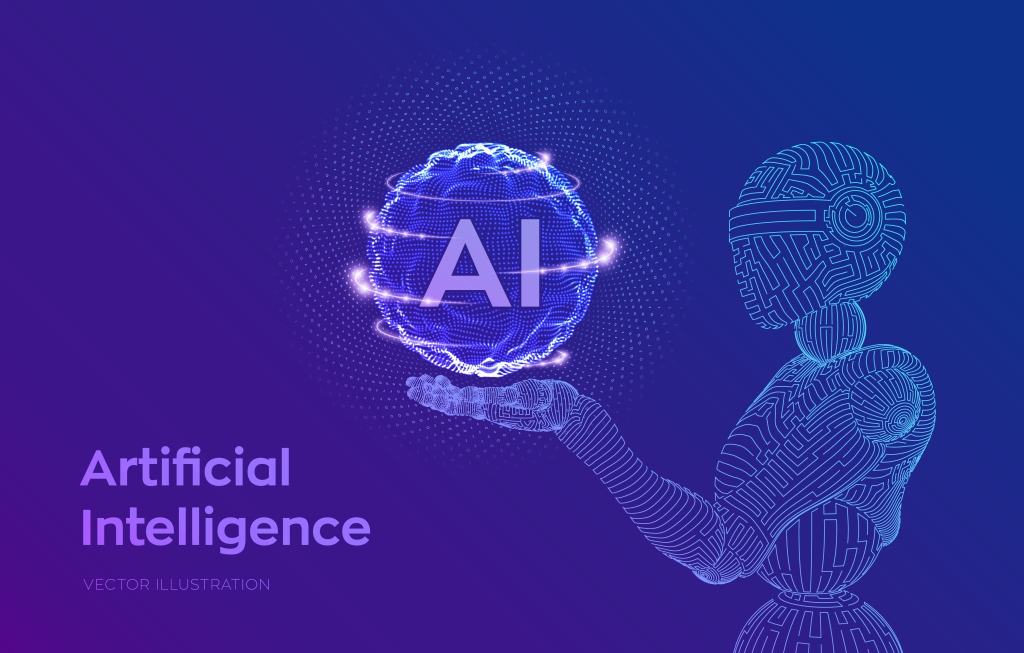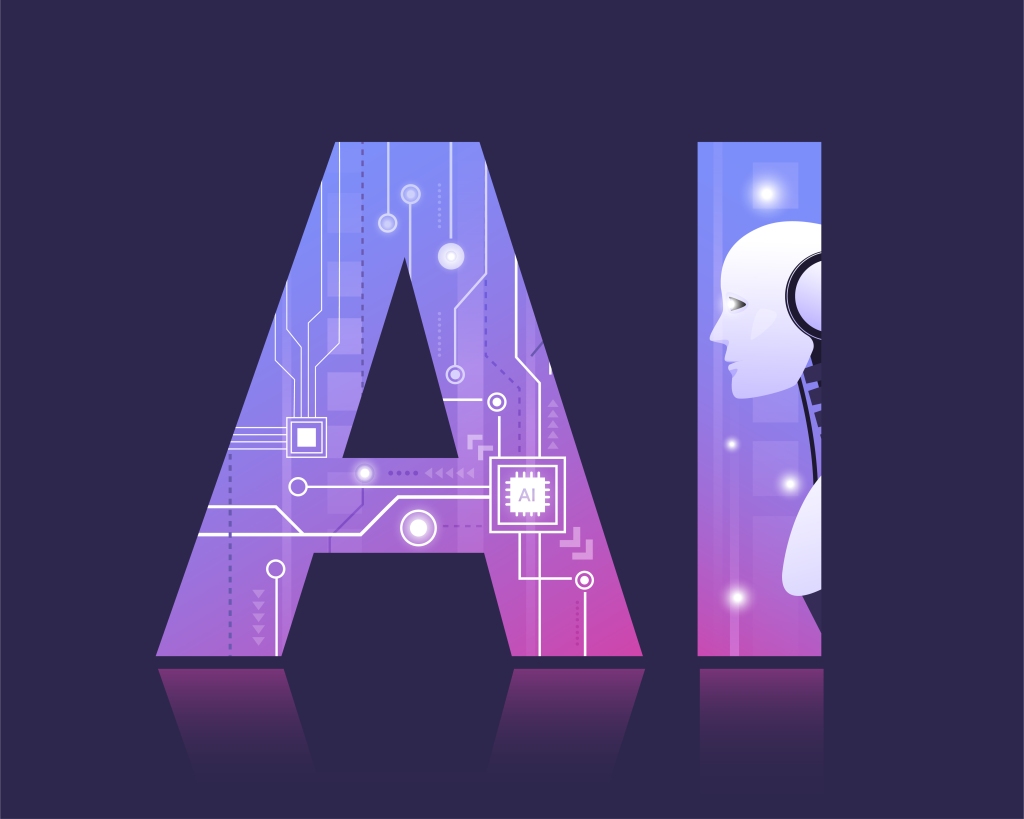Artificial intelligence (AI) is changing old SEO strategies and ushering in a new era of advanced optimisation techniques in today’s quickly expanding digital market. Businesses may take use of never-before-seen insights, automation, and personalisation with AI-powered tools and algorithms to improve their online presence and outperform the competition.

Introduction:
The convergence of AI with SEO signifies a paradigm change in the way companies handle digital marketing. As AI technologies advance, they are radically changing SEO strategies, providing creative answers to challenging problems, and opening up fresh avenues for expansion.
Understanding AI in SEO:
Artificial Intelligence (AI) is a wide range of technologies that make it possible for machines to do tasks that traditionally require human intelligence. AI algorithms are used in SEO to evaluate enormous volumes of data, spot trends, and make data-driven choices that enhance user experiences and optimise websites for search engines.
AI-Powered Search Algorithms:
Sophisticated AI algorithms, like RankBrain, are used by search engines like Google to analyse user queries and provide appropriate search results. These algorithms continuously improve search rankings and offer more precise query answers by taking into account user behaviour, context, and content relevancy.
Content Creation and Optimization:
Natural language processing (NLP) and machine learning techniques are used by AI-driven content creation platforms to produce high-quality, pertinent content at scale. These technologies may produce interesting blog entries, product descriptions, and articles that appeal to target audiences by analysing search patterns, user preferences, and competition strategies.
Semantic Search and Intent Matching:
Search engines are able to more accurately match user intent with pertinent content thanks to semantic search algorithms driven by artificial intelligence (AI). Semantic search improves search results’ accuracy and efficacy by examining the connections between words, phrases, and concepts. This results in increased click-through rates and engagement.
Voice Search Optimization:
Voice search is becoming more and more important for obtaining information due to the proliferation of voice-enabled gadgets and virtual assistants. Structured data markup is used to improve visibility in voice search results, and material is optimised for natural language searches and conversational interactions using AI-powered voice search optimisation approaches.
Personalized Search and User Experience:
To provide recommendations and personalised search results, artificial intelligence (AI) systems monitor user behaviour, preferences, and interactions. Businesses may increase engagement, retention, and conversion rates by customising information, offers, and experiences for each individual user. This will eventually lead to more income and devoted clientele.
Predictive Analytics and Forecasting:
Artificial intelligence (AI)-powered predictive analytics models project future performance and identify possible opportunities and dangers by analysing historical data, industry trends, and consumer behaviour patterns. Businesses may keep ahead of market shifts, manage resources efficiently, and make well-informed decisions by utilising predictive insights.
Automated SEO Audits and Optimization:
Artificial intelligence (AI)-driven SEO audit tools examine websites for technical problems, performance snags, and optimisation opportunities while offering useful suggestions for enhancement. These technologies expedite the auditing process by using automation and machine learning, which helps organisations find and fix SEO problems more quickly.
Enhanced Data Analysis and Reporting:
Large datasets are processed and analysed quickly and accurately by AI algorithms, which also extract important trends and insights to help with strategic decision-making. Businesses can track important metrics in real-time and obtain a deeper knowledge of their SEO success by visualising data through interactive dashboards and reports.
Challenges and Considerations:
Although AI has a lot of potential to improve SEO techniques, there are drawbacks and moral dilemmas with it as well. Consideration must be given to issues like data privacy, algorithm bias, and the effect of automation on employment when using AI technologies.
Conclusion:
Traditional SEO techniques are being revolutionised by the integration of AI, which gives businesses the ability to optimise their online presence with never-before-seen accuracy and efficiency. Businesses can remain ahead of changing search trends, provide individualised experiences, and achieve sustainable success in the digital era by utilising the power of AI-driven algorithms. Using AI as a strategic SEO enabler offers firms a game-changing chance to prosper in the fiercely competitive online market.
Frequently Asked Questions
We gathered the answers to some popular questions below.
If you can’t find your question below feel free to contact us, and we’ll be happy to help.
What is AI’s role in revolutionizing traditional SEO practices?
Artificial Intelligence utilises sophisticated algorithms to evaluate information, forecast patterns, and enhance tactics for enhanced search engine ranking.
How does AI impact keyword research and optimization in SEO?
By spotting patterns, interpreting user intent, and suggesting optimised phrases for higher search engine ranks, AI algorithms improve keyword research.
Can AI-driven content creation improve SEO outcomes?
Indeed, AI-driven content creation solutions enable websites to rank higher on search engine results pages (SERPs) by producing relevant, high-quality material at scale.
What role does AI play in improving user experience for SEO?
In order to personalise search results and improve user experience and engagement, AI examines user behaviour and preferences. This has a good effect on SEO.
How does AI affect link building strategies in SEO?
By identifying pertinent link-building possibilities, evaluating link quality, and forecasting their influence on search rankings, artificial intelligence (AI) algorithms increase the efficacy of link-building initiatives.
What are the long-term implications of AI in SEO practices?
AI’s capacity for ongoing learning and adaptability makes sure that SEO tactics adjust to shifting fads and algorithmic changes, resulting in long-term gains in search engine performance and visibility.


Leave a comment